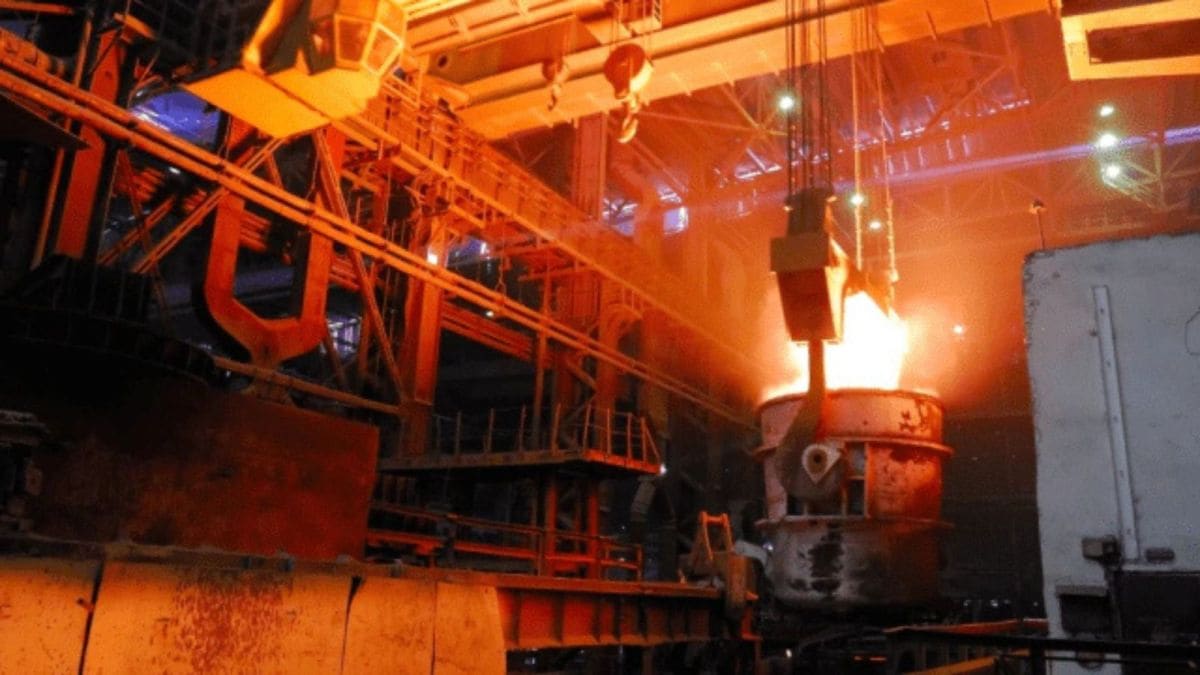Govt should include coking coal in list of critical minerals to boost production: Niti Report
Integrated Steel Plants imported 58 metric tonne of coking coal at a cost of approximately Rs 1.5 lakh crore in FY 2023-24 despite holding proved geological resources of 5.13 billion tonne of prime coking coal and 16.5 billion tonne of medium coking coal.

The government must include coking coal in the list of critical minerals and provide special dispensation to enhance the domestic production of the key raw material for steel production, according to a Niti Aayog report.
The report ‘Enhancing Domestic Coking Coal Availability to Reduce the import of Coking Coal’, said considering India’s commitments to Net Zero by 2070, the country’s interests would be better served by fully utilising the proved reserves of medium coking coal (16.5 billion tonne) in India for metallurgical purposes.
The European Union has declared the ingredient as a critical raw material along with 29 other raw materials which include ‘green energy’ minerals like lithium, cobalt, and rare earths.
India’s import dependence on the mineral is about 85 per cent, which is much higher than that of the EU (approximately 62 per cent).
“Since the declaration of coking coal as a critical mineral is amply justified in India, GoI can provide a special dispensation to enhance its domestic production to provide coking coal security for India’s steel sector,” it added.
Integrated Steel Plants (ISPs) imported 58 metric tonnes of the mineral at a cost of approximately Rs 1.5 lakh crore in FY 2023-24 despite holding proved geological resources of 5.13 billion tonnes of prime quality coal and 16.5 billion tonnes of medium quality.
As per the report, the capacity utilisation of PSU washeries was less than 32 per cent in FY 2022-23 while the washed (clean) coal yields were only 35-36 per cent.
“This is in stark contrast to the performance of the four private coking coal washeries which have a capacity utilization of 75 per cent and higher washed coal yields,” it said.
The report also suggested that the government amend the Coal Bearing Areas (CBA) Act, 1957 so that the SPV under the public-private-partnership mode continues to be a deemed lessee of the Jharkhand government even after the majority share in the SPV is transferred to the private sector.
According to the report, the ministry of coal must enable necessary policy changes to allow the joint venture company to sell the byproducts (middling and tailing) of washeries.
“This is critical to reduce the costs of washed clean coal since the profit on the sale of these byproducts must be passed onto the steel plant in the form of lower coking coal costs,” it said.